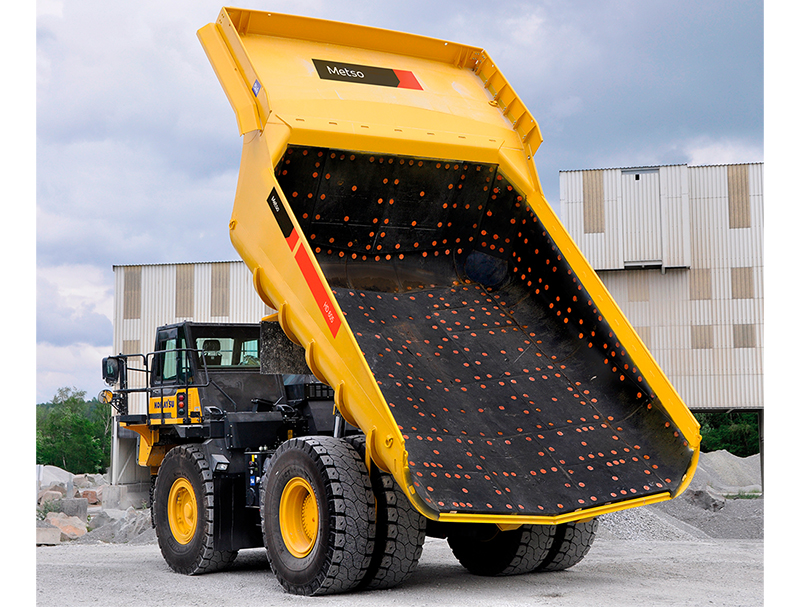
“After conducting a number of wide-spaced prospecting campaigns – as well as close-spaced drilling across 100 hectares – we identified the best limestone reserves on our mining right on the opposite side of the R31 national road, which runs between the new site and the plant,” says Venter. “This means it is necessary to construct tunnels under the road to facilitate safe access between the new quarry site and the existing plant. Adding to the complexity is that the large Gamagara water pipeline runs parallel to the road.”

The R31 road between Kimberley and Postmasburg carries high volumes of large ore trucks and abnormal load mining equipment. It will be diverted in early 2024 to accommodate this traffic for about six months while extensive excavation and civil engineering work is undertaken to construct the tunnel underpass system.
“In compliance with the road authority’s requirements, the tunnels will traverse the full 32-metre width of the road reserve – to allow for future road widening, in addition to the pipeline servitude,” he says. “The two tunnels will be over 50 metres long and separated to enhance safety as there will be counterflow traffic to and from the plant.”
The 5 metre high by 5 metre wide tunnels will be excavated to 12 metres below the R31 road level and constructed as large culverts with steel reinforced in-situ cast concrete. The design work ensured a tunnel alignment to suit the future possibility of an in-pit crusher and conveyor belt. If such an option were financially justified in future, it would provide an alternative method to feed crushed material to the existing pre-blending stockpiles.
The civils works must also accommodate the 700mm diameter Gamagara pipeline, supplying the Northern Cape with water from the Vaal River. To avoid the risk of disrupting this water supply, a concrete bridge has been constructed parallel to the existing pipeline, inside which a new 100-metre stretch of pipeline was laid.
“This provided the necessary support for the pipeline so that excavation and controlled blasting can be conducted underneath,” he explains. “As a further precaution, a 100mm per second vibration limit is applied to any blasting activity around the pipeline bridge.”
Work on the pipe bridge began in late 2022, and excavation work began in the third quarter of 2023, creating the initial slot on the south side of the R31. Once the road is diverted, the tunnels can be excavated, and this is expected to be completed by the end of February 2024. The construction of the two tunnels will follow this. The readymix supply–including AfriSam cement – will come from Kimberley, about 80 km south. With ambient daytime temperatures that can rise to 40 degrees, this will require careful use of admixtures to achieve the required slump by the time readymix trucks arrive on site.
“Mining is expected to begin in the second half of 2024, with an unusual topography in which the quarry will be mined into an escarpment,” says Hannes Meyer, Cementitious Executive at AfriSam. “Transportation of mined material is therefore mainly downhill. With the gradient of the haul road slopes limited to 5 degrees, AfriSam’s truck-trailer combinations have been designed to be much more energy efficient than conventional off-road dump trucks.”

AfriSam commissioned various specialist studies as part of its environmental impact assessment (EIA) to investigate the potential effects of the new quarry on wetlands, terrestrial life, hydrology, heritage, and traffic. Authorisation was granted to mine in the vicinity of water features on the proposed mining area, with a seasonal drainage line that had to be diverted to avoid the exit slot of the new haul road.














